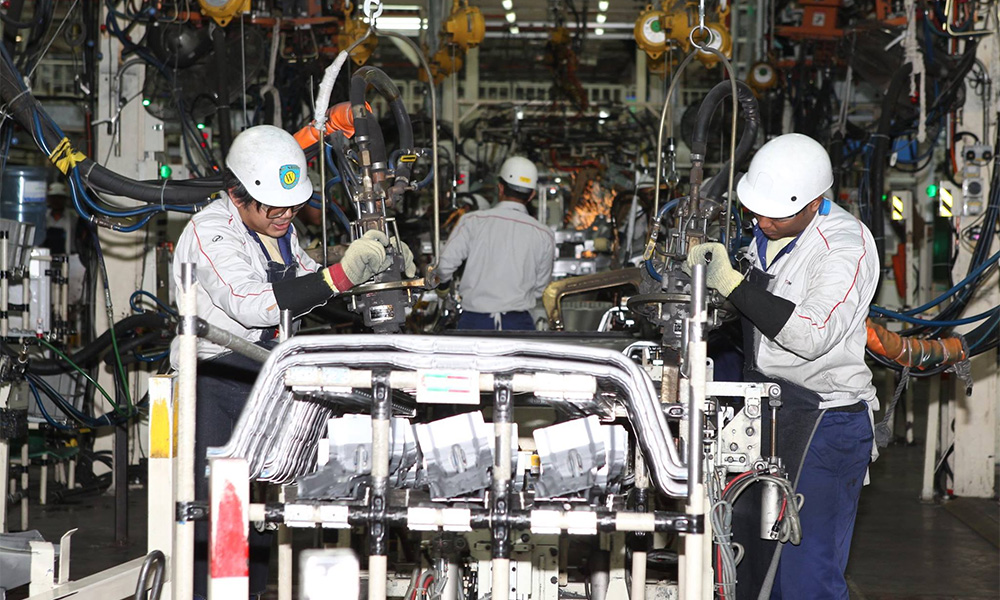LETTER | Industrial training period should be extended
LETTER | The Higher Education Ministry has recently identified 44 programmes at nine public universities where the duration of study will be reduced from four to three years.
Besides, students can attend hybrid classes, requiring their presence on campus in the first and final years.
However, in the middle years, they are permitted to attend online classes. This move is aimed at reducing the cost of borrowing and the overall expenses students have to incur during their studies.
However, the quality of students attending online classes might be questioned, as they may not give full attention and commitment to their classes.
As a result, they may struggle to secure employment commensurate with their qualifications upon graduation.
Therefore, I suggest that students spend two years on campus attending face-to-face lectures, and thereafter, they can undergo an extended period of industrial training (one or two years) to gain more practical experience.

This approach can address the issue of many employers requiring candidates to have at least one or two years of work experience, which can be a stumbling block for fresh graduates to secure employment.
Spending more time in the industry provides students with the opportunity to apply what they have learned in lectures to real-life situations.
This hands-on experience allows them to observe the practical implications of their studies, thus, enhancing their understanding and problem-solving skills.
Develop necessary soft skills
It is essential for students not to rely solely on theories, but also to acquire practical knowledge. Moreover, experiencing real-world challenges helps them develop the ability to find solutions, making them more adaptable and versatile in their future careers.
Undergoing an extended period of industrial training will also enable them to gain industry-specific skills that cannot be taught in the classroom.
Working with experienced professionals in their respective fields can also result in them gaining valuable knowledge about the latest practices, technologies and trends.
Thus, this good experience and exposure can imbue them with practical skills that are required by employers.
Students can also develop essential soft skills, including teamwork, communication and time management, which are of utmost importance in securing employment.
Therefore, allowing university students to undergo an extended period of industrial training can yield positive outcomes as it can equip them with industry-specific skills, provide valuable networking opportunities and enhance their employability.
Author is a senior lecturer at the Faculty of Business and Communication, Universiti Malaysia Perlis.
The views expressed here are those of the author/contributor and do not necessarily represent the views of Malaysiakini.
RM12.50 / month
- Unlimited access to award-winning journalism
- Comment and share your opinions on all our articles
- Gift interesting stories to your friends
- Tax deductable
